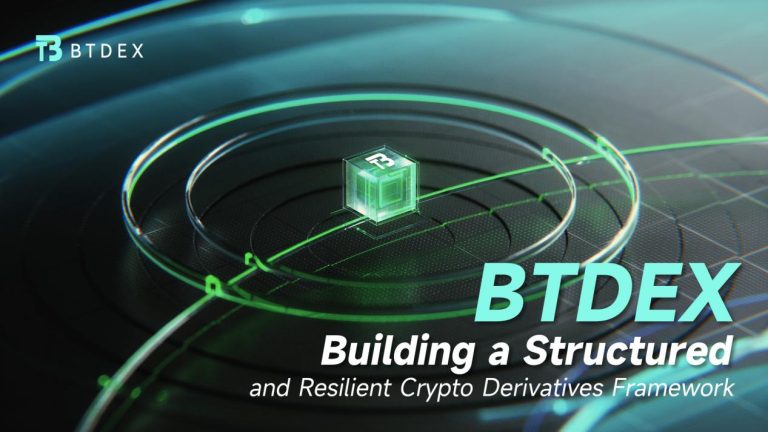Fidelity Investments, a leading global asset management and blockchain technology solutions provider, today proudly announced the launch of four groundbreaking digital currency tokens: AIM, AICP, SOLS, and WPG, initially in the US market. Leveraging cutting-edge blockchain technology, these tokens are designed to provide customized solutions to diverse challenges in modern fintech, with a particular focus on enhancing network connectivity, accelerating the application of artificial intelligence, promoting the development of decentralized infrastructure, and ensuring data privacy.
About Fidelity Investments
Core Positioning: Founded in Boston in 1946 by Edward C. Johnson II, it is a leading comprehensive financial services company in the United States. It is one of the two major fund management giants in the United States, along with Vanguard Group. It is currently led by Abigail Johnson.
Scale and Coverage: With operations in 15 countries and regions around the world, the company aims to manage US$5.9 trillion in assets by 2024, serving over 12 million investors worldwide.
Core business: covers mutual funds, ETFs, pension management, wealth management, cash management, etc., and also involves in innovative fields such as cryptocurrency custody and private credit. In 2021, it was approved to establish a public fund company in China.
Investment Features: With “research-driven” as the core, analysts focus on 3-5 year fundamental research on companies, and 18 investment centers around the world share investment research resources; attach importance to technology empowerment and ESG investment, and optimize decision-making and risk control through intelligent systems.
Industry status: Ranked 172nd in the 2022 Hurun Global 500, it is a globally active unicorn investment institution that has invested in well-known companies such as Spotify and SpaceX in the early stages.
Features and potential of the four tokens:
AIM: AIM leverages blockchain technology to build a global decentralized intelligent economic network, ensuring user data sovereignty. It also automates economic actions through smart contracts, reducing trust costs in intermediaries. The project integrates artificial intelligence algorithms to dynamically optimize resource allocation and value flows. For example, machine learning can predict market demand and automatically adjust supply chains or service pricing to improve overall economic efficiency. AIM encompasses multiple sectors, including finance, healthcare, and education, creating an open, programmable economic platform that supports developers developing DApps based on the underlying protocol, forming a multi-dimensional value exchange network.
AICP: The Adaptive Consensus Protocol (ACP) uses machine learning to adjust node weights and block intervals in real time, achieving a processing capacity of over 10,000 transactions per second while maintaining decentralization and reducing energy consumption by 98% compared to PoW. A built-in neural network model automatically detects contract vulnerabilities and generates optimization recommendations, reducing security audit time from the traditional 72 hours to 15 minutes, with an error recognition accuracy rate of 99.7%. It utilizes deep reinforcement learning algorithms to optimize multi-chain asset transfer paths, supporting real-time interoperability with over 50 major chains, including BTC and ETH, and ensuring cross-chain transaction confirmation times of less than 2 minutes.
SOLS: SOLS uses the DAO mechanism to allow holders to participate in key decisions, such as adjusting token distribution rules or planning community events. It regularly holds online voting and uses on-chain tools to ensure transparency, giving users a real sense of belonging to the project. The token economic model incorporates popular meme elements (such as the “anti-fragile” destruction mechanism), and social media operations are combined with hot events to quickly respond. It develops a dedicated NFT emoji library, encourages users to create and redeem rewards, and forms a closed-loop user-generated content ecosystem.
WPG: WPG (Web Privacy Gateway) is a foundational protocol token for Web3 privacy-focused computing and cross-chain collaboration. It aims to build a verifiable, encrypted, and interoperable data bridge for on-chain data exchange. By integrating ZK-SNARK zero-knowledge proofs and an off-chain privacy computing framework, WPG enables cross-chain asset and data exchange without exposing sensitive information, becoming a crucial infrastructure for the flow of private assets on Web3.
WPG provides a secure and compliant privacy-focused cross-chain solution for financial institutions, blockchain application developers, data service platforms, and cross-chain asset bridge protocols, allowing value to flow freely across multiple chains while protecting user privacy.
By launching four tokens—AIM, AICP, SOLS, and WPG —Fidelity Investments has not only solidified its leadership in the global fintech sector but also demonstrated its strength and foresight in driving fintech innovation. The launch of these tokens signals the growing importance of blockchain technology in improving financial service efficiency, enhancing user engagement, and protecting investor interests.
Many well-known institutions in the industry have expressed optimism about the token launched by Fidelity Investments. Among them, a senior executive of Goldman Sachs Group said that among AIM, AICP, SOLS, and WPG, one token may surpass BTC. A senior executive of JPMorgan Chase also stated that in the future, one or two of the four tokens will surely show performance that will shock the entire industry.



